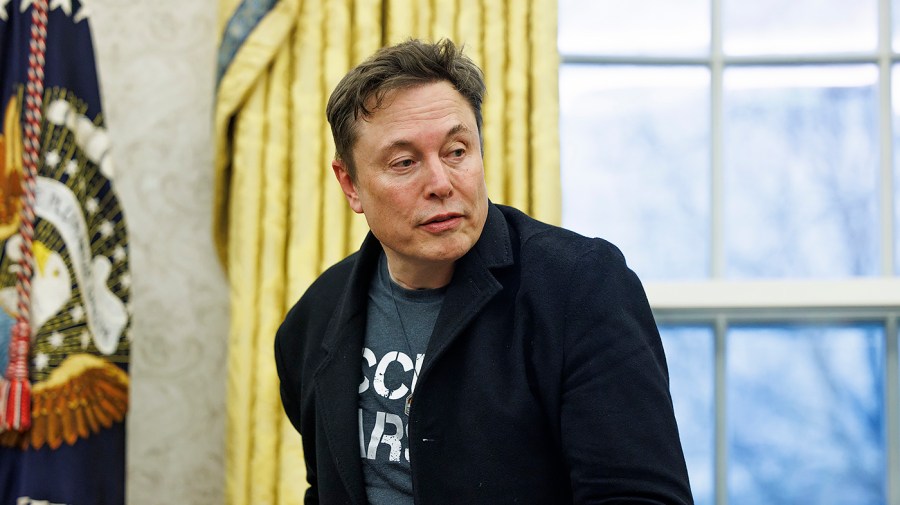White House Clarifies Elon Musk’s Role: Not in Charge of DOGE
The White House has officially stated that Elon Musk, contrary to previous claims, is not in charge of the Department of Government Efficiency (DOGE) and does not hold any decision-making authority within the organization. This clarification comes amidst growing scrutiny of DOGE’s operations and Musk’s influence in the Trump administration.
Key Points:
Musk’s official title is “senior adviser to the president.”
He is not an employee of DOGE or its temporary organization.
Musk has no formal authority to make government decisions.
The White House compared Musk’s role to that of other senior advisers in previous administrations.
Background and Implications
DOGE was introduced during Trump’s second term with the stated goal of cutting wasteful government spending. Initially, Trump announced that Musk would lead the department. However, this recent clarification raises questions about the actual leadership and structure of DOGE.
The announcement comes in response to legal challenges and concerns raised by Judge Tanya Chutkan about the “unpredictable and scattershot” methods employed by DOGE. Critics worry about the potential for conflicts of interest, given Musk’s extensive business interests in companies that receive government contracts.
Broader Context
This development occurs against a backdrop of other significant events:
The acting commissioner of the Social Security Administration resigned over DOGE’s requests to access sensitive information.
European nations are divided over matching UK Labour leader Keir Starmer’s pledge to send troops to Ukraine.
Some Republican lawmakers are expressing concerns about Musk’s approach to government cuts.
Analysis
The White House’s clarification raises more questions than it answers. While it defines what Musk is not (an employee or leader of DOGE), it fails to specify who actually leads the department. This lack of clarity could have implications for accountability and oversight of DOGE’s activities.
The situation highlights the complex relationship between the private sector and government, especially when high-profile business leaders take on advisory roles. It also underscores the challenges of implementing sweeping government reforms without clear organizational structures and lines of authority.
As DOGE continues its mission to reduce federal spending, the lack of transparency about its leadership and operations is likely to remain a point of contention and scrutiny for both lawmakers and the public.









